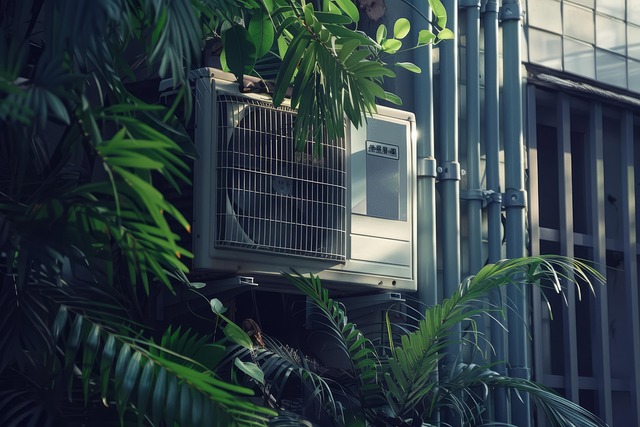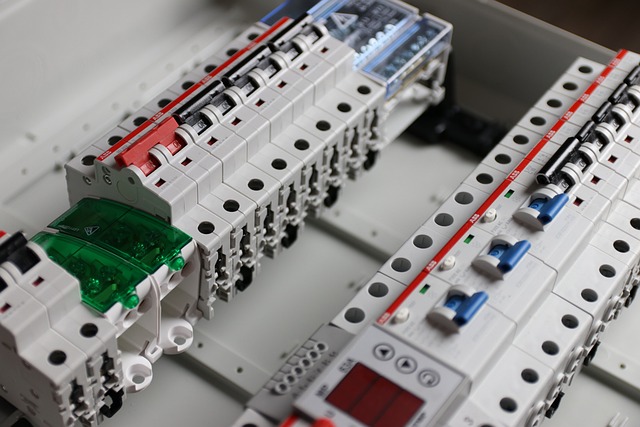Frequent Refrigerant Leaks in Your AC: Repair or Replace?
If your air conditioning system keeps springing refrigerant leaks, you’re not alone — and you’re probably wondering when enough is enough.
A refrigerant leak doesn’t just mess up your cooling; it can wreck your wallet if you keep topping it off every season.
Let’s break down what’s really going on when your AC leaks refrigerant, why it happens so often, and how to decide when it’s smarter to repair or finally replace your air conditioning system.
Why Refrigerant Matters for Your Cooling
Refrigerant is the lifeblood of your air conditioning system. It cycles through coils and lines, absorbing heat from inside your home and dumping it outside — that’s how cooling works.
If your AC is low on refrigerant because of a leak, it simply can’t cool properly. You might notice warm air blowing from your vents, frozen coils, or your system running nonstop but never really cooling your house down.
Why Do ACs Leak Refrigerant in the First Place?
A healthy, sealed air conditioning system should never “use up” refrigerant. So if your tech says you need a “recharge” every summer, something’s wrong. Here are some common reasons why leaks happen:
- Age and wear: Over time, the copper coils that carry refrigerant can develop tiny pinholes from corrosion.
- Poor installation: If your AC was installed badly, fittings and connections can be weak points where refrigerant seeps out.
- Vibration: Your air conditioning compressor and lines vibrate when running. Over years, that vibration can cause joints to loosen.
- Damage: Physical damage from debris, pets, or DIY “fixes” can create leaks, too.
How Bad Is a Refrigerant Leak for Your AC?
Even a small leak can lead to bigger headaches. Low refrigerant means your cooling system has to run longer and harder to keep up.
That can shorten your compressor’s life — and the compressor is the heart of your air conditioning system. If the compressor goes, you’re looking at a major expense that often makes replacement the better choice.
Repair: When It Makes Sense
Not every refrigerant leak is a death sentence for your AC. Sometimes a straightforward repair is all you need to get back to reliable cooling without spending a fortune. If your air conditioning system is still relatively new — say, less than seven or eight years old — and in otherwise good shape, fixing a single leak makes sense.
The same goes for a minor leak that’s easy to find in a line or valve; a good tech can usually braze or replace that part without much hassle or cost. And if you’ve never had a leak before, don’t panic — one small leak might just be a fluke, not a sign your entire cooling system is about to fail.
Replace: When It’s Smarter
Sometimes, trying to patch up an old cooling system is like putting a Band-Aid on a sinking ship — it just doesn’t make sense in the long run. If you’re calling someone out to top off refrigerant every summer, that money could probably be better spent on a reliable new air conditioning system instead.
Age matters too: if your AC is 12 to 15 years old (or older), leaks are usually a sign that corrosion is happening throughout the system, so more leaks are bound to follow. Plus, if your old unit still uses R-22 refrigerant — which is banned and no longer produced — you’ll end up paying a fortune for a quick fix that doesn’t last.
Worst of all, running an AC with low refrigerant for too long can destroy the compressor, and replacing a compressor often costs nearly as much as putting in an entirely new unit.
What Does a New Cooling System Really Cost?
This is the question homeowners hate, but it’s worth doing the math. Sure, a full air conditioning replacement isn’t cheap. But between tax credits for energy-efficient cooling, lower energy bills, and a warranty that covers you for years, replacement can be the smarter financial move.
Plus, you get better indoor comfort, fewer breakdowns, and peace of mind knowing you won’t be stuck with another surprise leak next summer.
How to Prevent Leaks in the Future
Whether you repair or replace, remember: Preventative maintenance is the secret to keeping your cooling system leak-free.
- Change filters regularly to keep airflow healthy.
- Get an annual AC tune-up — a tech can catch small issues before they become expensive leaks.
- Keep your outdoor unit clean and clear of debris to reduce wear and tear.
Final Thoughts
Dealing with refrigerant leaks is frustrating — and expensive if you keep topping off an old, leaky system. If your air conditioning is leaking more than once, take it as a sign: it might be time to stop pouring money into repairs and invest in a reliable, efficient cooling system instead.
Talk to a trusted local HVAC pro, ask for honest advice, and weigh the costs now against years of headaches later. A good technician will tell you what they’d do if it were their own home — and that’s exactly how you should feel about your air conditioning, too.







